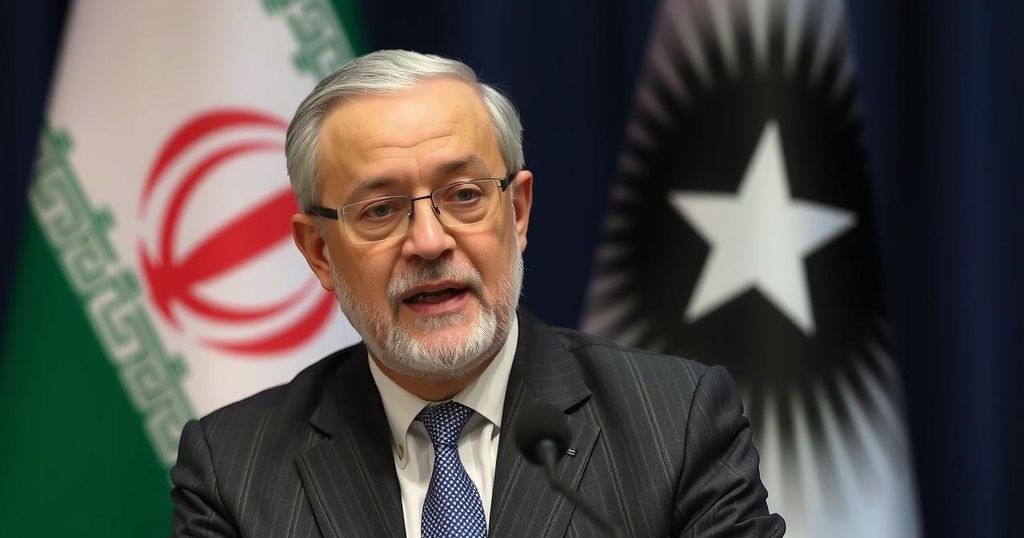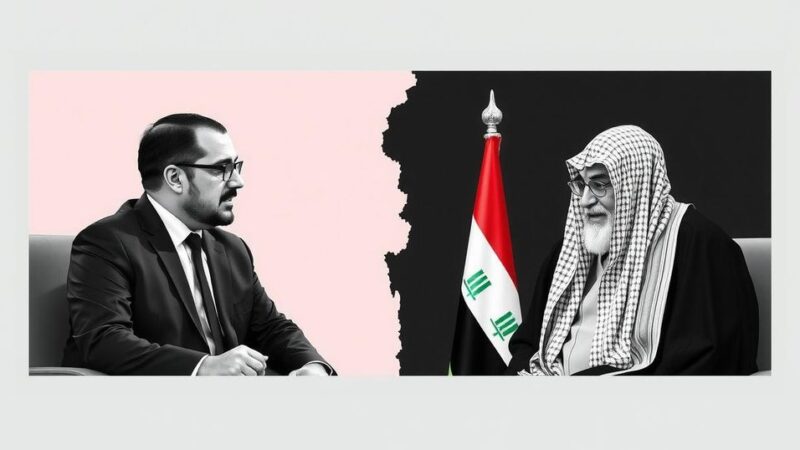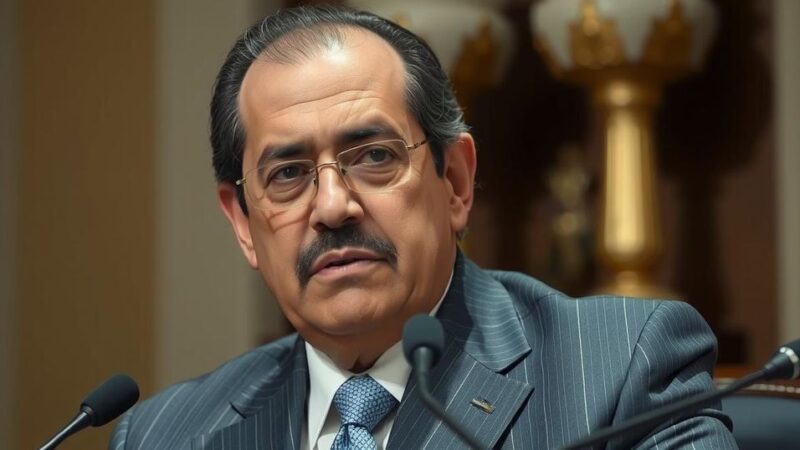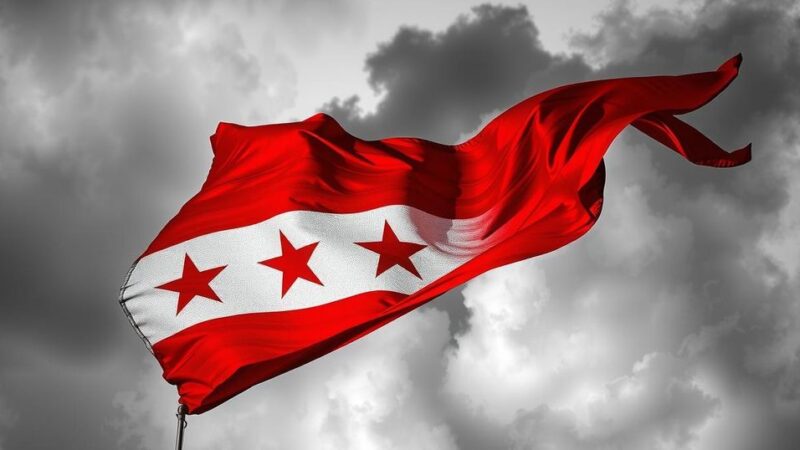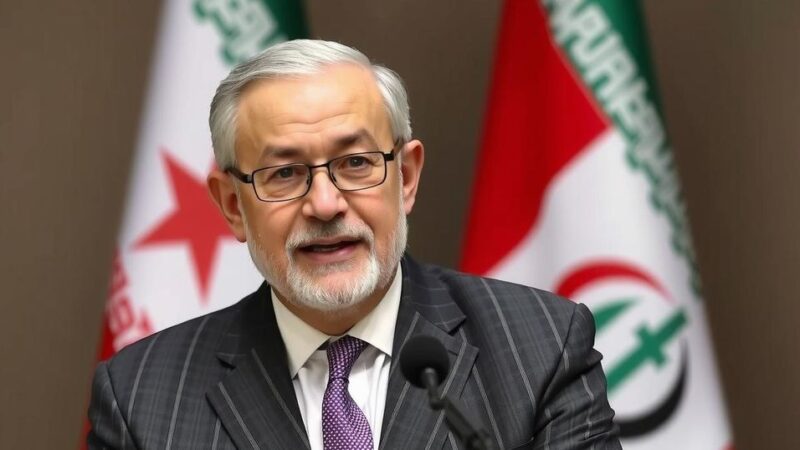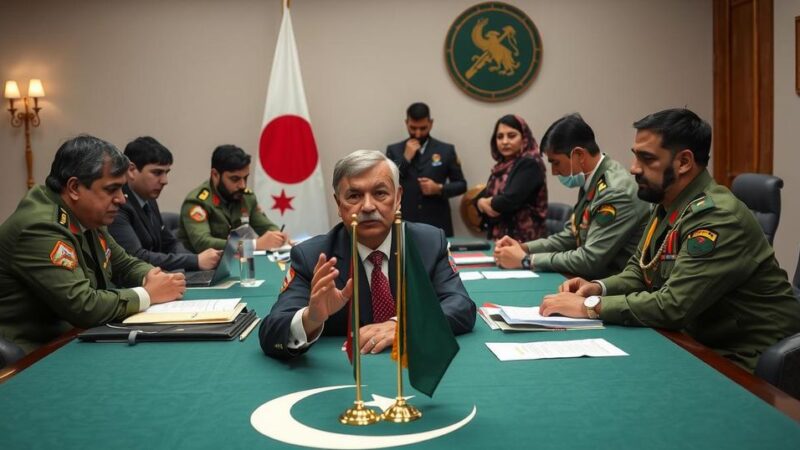Syria’s Foreign Minister warns Iran against spreading chaos, while Turkey reports over 25,000 returned Syrians. Protests erupt after a Christmas tree is burned, and medics claim coercion into false testimonies on chemical attacks. Turkey emphasizes its commitment to Syria’s territorial integrity, as UAE and Syrian officials discuss improving bilateral relations.
Syria continues to experience significant political and social turmoil as various parties express their concerns and aspirations regarding the ongoing situation. Syria’s Foreign Minister, Al Shibani, articulated a stern warning to Iran, urging it not to exacerbate chaos within Syria’s borders. Concurrently, Turkish officials announced that over 25,000 Syrians have returned to their homeland since the fall of the regime, underscoring shifts in population movements amidst the conflict.
Additional tensions were highlighted as hundreds took to the streets in protest within the Syrian capital following the burning of a Christmas tree, reflecting the persistent societal fractures. Assertions from within the Syrian medical community emerged, claiming that medics were pressured into providing false testimonies regarding chemical attacks, raising serious ethical questions about reported abuses by the Assad regime. Moreover, Turkey’s President Erdogan emphasized the nation’s commitment to protecting Syria’s territorial integrity, stating it remains an “unchanging line” in Turkish foreign policy.
In parallel developments, discussions took place between the United Arab Emirates and Syrian Foreign Ministers, focused on enhancing bilateral relations, illustrating a potential thaw in diplomatic ties. Amidst these dynamics, there is an urgent call from activists and organizations to protect evidence of atrocities committed by the Assad regime, reinforcing the need for accountability in ongoing abuses.
The Syrian conflict represents a complex interplay of domestic and international interests, leading to significant humanitarian crises and geopolitical implications. The Syrian government, led by President Bashar al-Assad, has faced widespread condemnation for its repressive tactics against dissent and allegations of war crimes. As various regional players, including Turkey and Iran, vie for influence in Syria, the situation continues to evolve, affecting the lives of countless civilians caught in the crossfire of political maneuvering and armed conflict.
In summary, Syria’s ongoing distress reflects heightened tensions among various stakeholders, with pivotal developments concerning relations with Iran, Turkey’s commitment to territorial integrity, and the alarming situation surrounding the Syrian medical community’s integrity. The discourse surrounding evidence of regime abuses highlights the pressing need for transparency and accountability. Efforts from neighboring countries to stabilize relations with Syria could signal a potential shift in the regional landscape, emphasizing the importance of diplomatic dialogues in resolving the crisis.
Original Source: www.thenationalnews.com

